Does Car Heater Consume Gas?
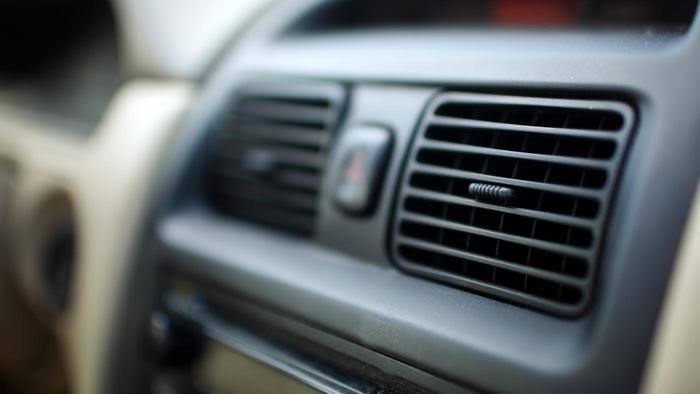
Many car owners wonder whether using the heater in their vehicle consumes gas, especially during colder months when heating is essential. The answer isn’t straightforward, as it depends on the type of car you drive and how the heating system works. In this blog, we’ll dive into whether the car heater uses gas, how it operates, and ways to optimize your car’s fuel efficiency when using the heater.
How Does a Car Heater Work?
To understand whether the heater consumes gas, it’s essential to know how it functions.
Heating in Conventional Cars
In most gas-powered vehicles, the car heater operates by using the heat generated by the engine. Here’s how it works:
- Engine Heat: The engine produces heat as a byproduct of combustion.
- Coolant System: Coolant circulates through the engine, absorbing heat to prevent overheating.
- Heater Core: The heated coolant flows through the heater core, a small radiator located inside the cabin.
- Blower Fan: Air is blown over the heater core, warming it and directing heat into the cabin.
Since the heat comes from the engine’s waste heat, using the heater in conventional cars does not directly consume additional gas.
Heating in Electric and Hybrid Cars
In electric vehicles (EVs) and some hybrids, the heater does not rely on engine heat. Instead, it uses electric resistance heaters or heat pumps, which draw energy from the car’s battery. While this doesn’t consume gas, it can reduce the vehicle’s battery range.
Does Turning On the Heater Use Gas in a Gasoline Car?
The short answer is no, not directly.
- The heater itself does not consume extra gas because it utilizes heat already produced by the engine.
- However, the blower fan that distributes warm air into the cabin runs on electricity, which is powered by the car’s alternator. The alternator, in turn, is driven by the engine, so there is a negligible fuel cost associated with running the fan.
Situations Where the Heater Might Indirectly Affect Gas Usage
1. Idling
If your car is idling while the heater is running, the engine burns fuel to keep running. While this fuel consumption isn’t caused by the heater itself, idling with the heater on could give the impression that the heater is consuming gas.
2. Cold Starts
On cold mornings, warming up the car can use more gas. The engine runs at a higher RPM during the warm-up phase, and though the heater doesn’t directly contribute to fuel consumption, the process of warming the engine does.
3. Defrost Mode
When you use defrost mode, many cars engage the air conditioning system to remove moisture from the air. Running the air conditioning compressor does consume gas.
Does Using the Heater Affect Electric and Hybrid Cars?
For electric and hybrid vehicles, the heater can significantly impact energy consumption.
- In EVs, the heater draws energy from the battery, which may reduce your driving range.
- Hybrids often use a combination of engine heat and electric resistance heaters, so the impact on gas usage varies by model.
Tips to Minimize Fuel and Energy Consumption
Using the heater efficiently can help you save gas or battery power:
For Gasoline Cars:
- Avoid Long Idling: Limit how long your car idles with the heater on, as idling wastes fuel.
- Use Recirculation Mode: This keeps warm air inside the cabin, reducing the workload on the blower fan.
- Maintain Your Engine: A well-maintained engine operates more efficiently, producing sufficient heat without extra gas consumption.
For Electric and Hybrid Cars:
- Precondition the Cabin: Heat the car while it’s plugged in to preserve battery range.
- Use Heated Seats: Heated seats consume less energy than the cabin heater.
- Optimize Climate Settings: Set the temperature to a moderate level to reduce energy usage.
Frequently Asked Questions
1. Does running the heater use gas when the car is off?
No, the heater will not run if the engine is off in a gas-powered car. However, in hybrid or electric vehicles, the heater may use battery power when the engine isn’t running.
2. Why does my heater take a long time to warm up?
The heater relies on engine heat, so it may take longer to produce warm air during cold weather, especially if your engine hasn’t reached operating temperature.
3. Does using the heater reduce fuel efficiency?
In most cases, the impact on fuel efficiency is negligible. However, if you’re idling or using the defrost mode (which may engage the AC), there could be a slight increase in fuel consumption.
Conclusion
In conventional gas-powered cars, using the heater does not directly consume gas because it utilizes heat generated by the engine. However, certain factors like idling, defrost mode, and blower fan usage may slightly affect fuel consumption.
For hybrid and electric vehicles, the heater can have a more noticeable impact, as it draws energy from the battery. To maximize efficiency, follow the tips provided and understand how your car’s heating system operates.
Also Check:
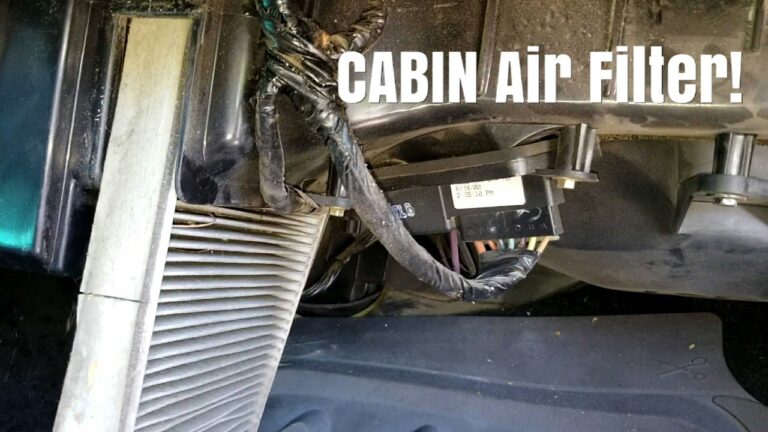

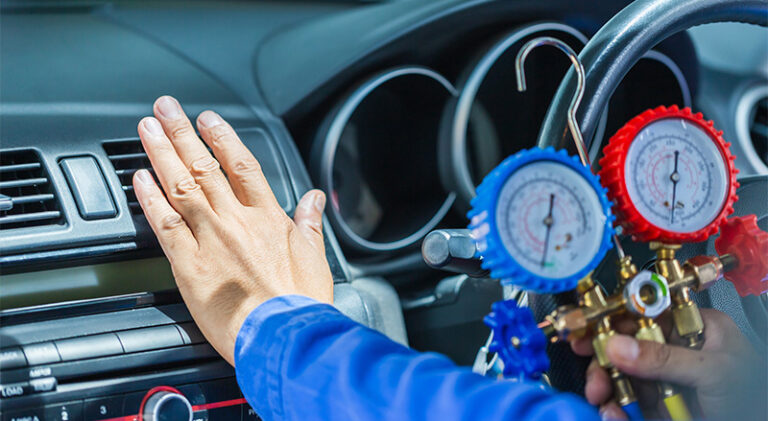

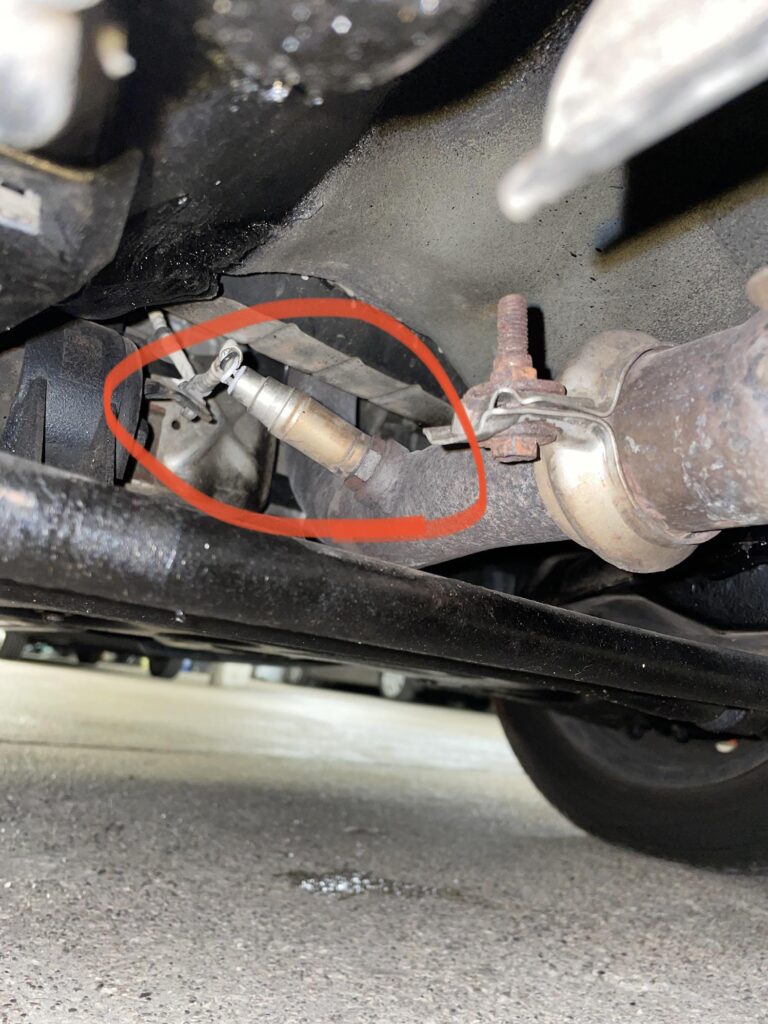
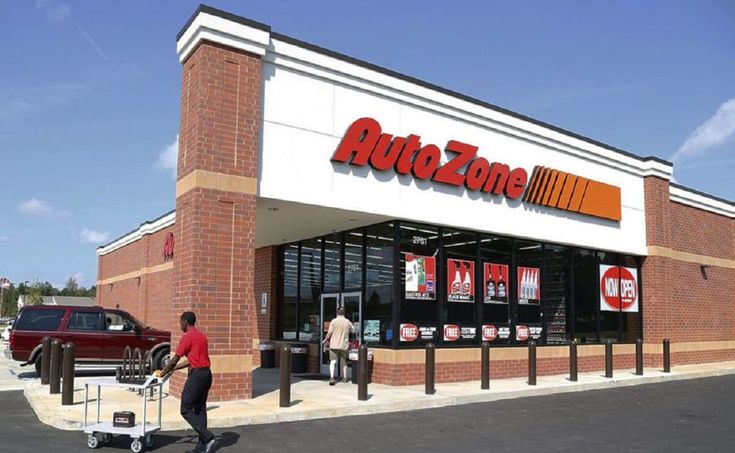
4 Comments